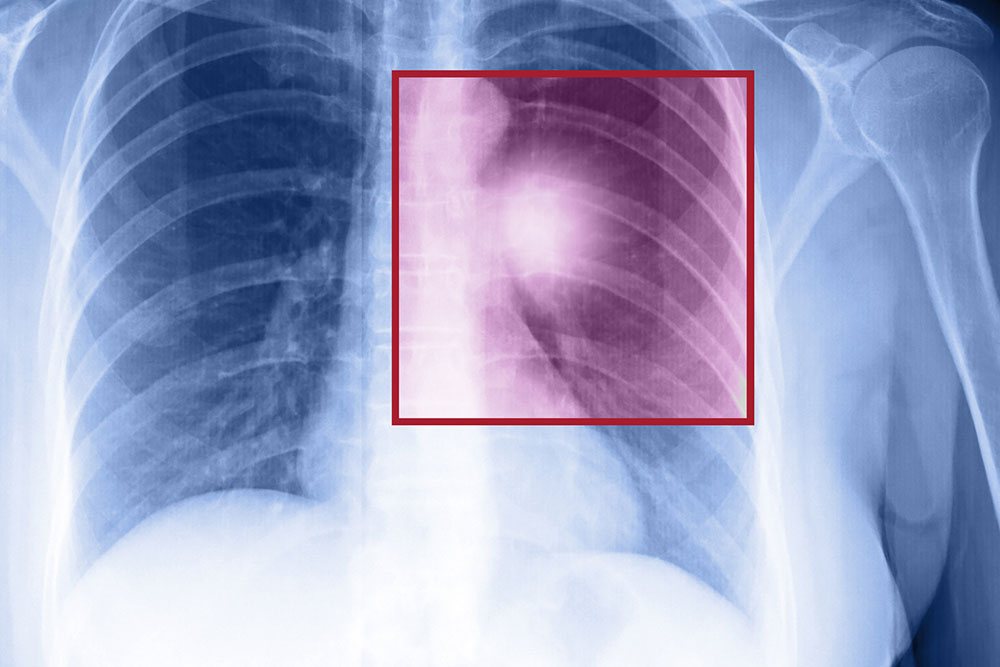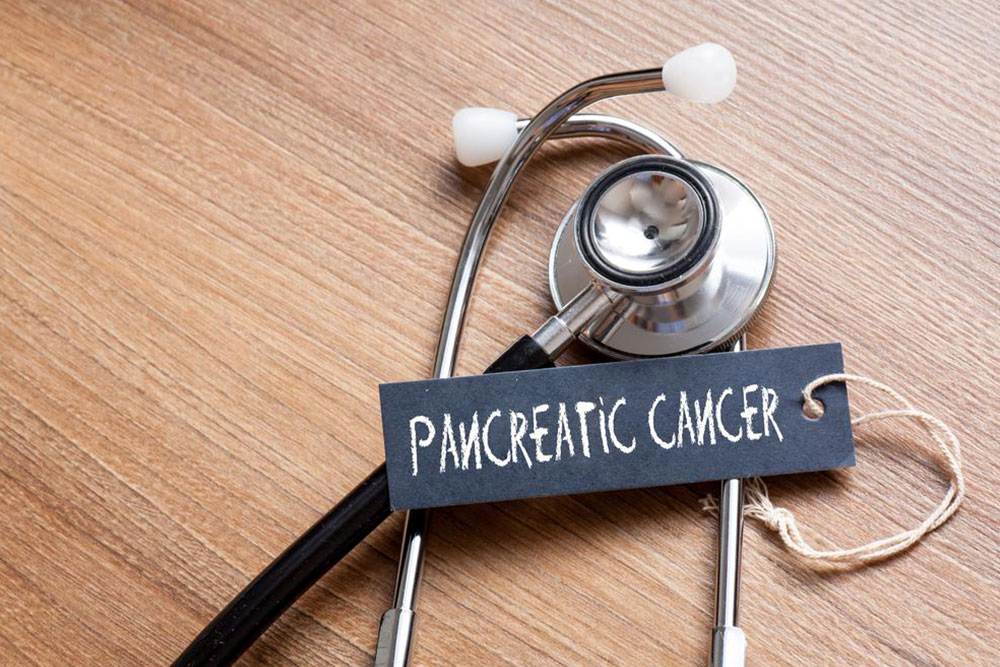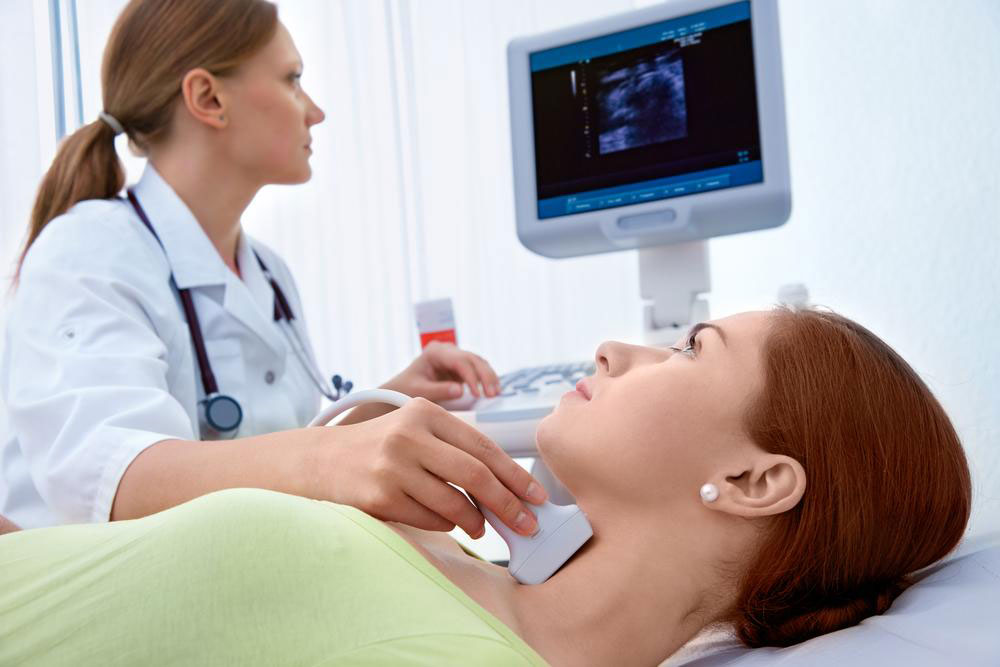Comprehensive Guide to ADHD: Recognizing Symptoms, Getting Diagnosed, and Effective Management Strategies
This comprehensive guide explores ADHD, detailing its symptoms, diagnosis process, and effective management strategies. It emphasizes the importance of early intervention and professional support, including medication and behavioral therapies, to improve the quality of life for those affected by ADHD. The article also highlights specialized treatment centers across the U.S. to aid in effective management and support for individuals with ADHD, aiming to raise awareness and promote better understanding of this widespread neurological disorder.

Comprehensive Guide to ADHD: Recognizing Symptoms, Getting Diagnosed, and Effective Management Strategies
Attention Deficit Hyperactivity Disorder (ADHD) is a complex neurological condition that affects millions worldwide, characterized by persistent patterns of hyperactivity, inattentiveness, and impulsive behavior. This condition not only impacts children but often continues into adulthood, affecting various aspects of daily life, from work performance to personal relationships. Understanding ADHD, its signs, how it is diagnosed, and the best management practices is essential for individuals, families, and healthcare providers to ensure proper support and treatment.
Research indicates that the symptoms experienced during childhood often persist into adulthood. While hyperactivity may lessen over time, signs such as impulsivity and difficulty concentrating usually remain. This persistence underscores the importance of early diagnosis and ongoing management strategies tailored to adult individuals who may have been undiagnosed or untreated during childhood.
Key Symptoms and Signs of ADHD
ADHD manifests through a wide range of symptoms that can vary significantly among individuals. Common signs include persistent disorganization, feeling restless or fidgety, difficulty maintaining attention on tasks, and challenges with impulse control. Adults with ADHD might struggle with completing projects, staying organized at work or home, remembering appointments, or listening attentively during conversations. These symptoms can interfere with daily functioning and impact personal and professional relationships. Severity levels range from mild to severe, with some individuals experiencing significant impairments that require comprehensive treatment plans.
ADHD and Associated Conditions
Many adults with ADHD often face additional mental health challenges, such as depression, anxiety disorders, bipolar disorder, and other psychiatric conditions. Approximately half of adult ADHD patients report concurrent anxiety issues, which can compound difficulties in managing daily routines. The presence of comorbidities like mood disorders can complicate diagnosis and treatment, making a holistic approach necessary for effective management.
How Is ADHD Diagnosed?
Diagnosis involves a thorough assessment conducted by mental health professionals or neurologists. The process includes collecting detailed personal history, including childhood behavior patterns, academic records, and social functioning. Clinicians utilize standardized questionnaires, self-reporting tools, and clinical interviews to identify symptoms consistent with ADHD. Since ADHD symptoms often overlap with other mental health conditions, accurate diagnosis relies on understanding the full scope of the individual's behavioral and developmental history. Early diagnosis is crucial in managing symptoms effectively and improving quality of life.
Effective Treatment Options for ADHD
Managing ADHD typically involves a combination of medication, behavioral therapy, and lifestyle adjustments. The most common medication class used to treat ADHD is stimulants, which help regulate neurotransmitters in the brain, reducing hyperactivity and increasing focus. These medications come in various formulations, including short-acting, long-acting, and patches that provide sustained symptom relief throughout the day.
Alternative Pharmacological Treatments
When stimulants are unsuitable—due to side effects or contraindications—antidepressants such as bupropion or atomoxetine are often prescribed. These medications require several weeks to become effective and must be monitored closely by healthcare providers because of potential side effects, including increased risk of suicidal thoughts in some cases. Careful medical supervision is essential to ensure safety and optimal therapeutic outcomes.
Behavioral and Psychosocial Therapies
Beyond medication, behavioral therapy plays a significant role in managing ADHD symptoms. Cognitive-behavioral therapy (CBT) can help individuals develop organizational skills, impulse control, and coping strategies. Family therapy and social skills training are also beneficial, providing education and support to family members and partners, enabling them to better understand and assist their loved ones with ADHD.
Supporting Resources and Centers for ADHD Treatment
Several specialized clinics and healthcare centers across the U.S. focus exclusively on ADHD diagnosis and management. Noteworthy among them are the ADHD, Mood & Behavior Center of New Jersey, the Reynolds Clinic, Chesapeake ADHD Center, Center for Neurocognitive Excellence in Washington D.C., and The Thrive Center for ADHD. These centers employ multidisciplinary approaches, combining medication, therapy, and behavioral interventions tailored to individual needs.
Early recognition of symptoms, combined with professional intervention, can dramatically improve life outcomes for individuals with ADHD. Education, medication, therapy, and continuous support are integral to effective management, helping affected individuals lead productive and fulfilling lives.





